Why you’re overthinking at night
Overthinking [1] traps you in a cycle of negative thoughts, making it difficult to find solutions - and even harder to fall asleep.
Stress and emotional baggage are often at the heart of sleep troubles.
When your mind is racing with worries, switching off feels impossible.
Research [2] suggests that excessive rumination not only disrupts sleep but may also increase the risk of mental health struggles.
In fact, around 80% of people [3] who struggle to sleep cite stress or low mood as the main culprit.
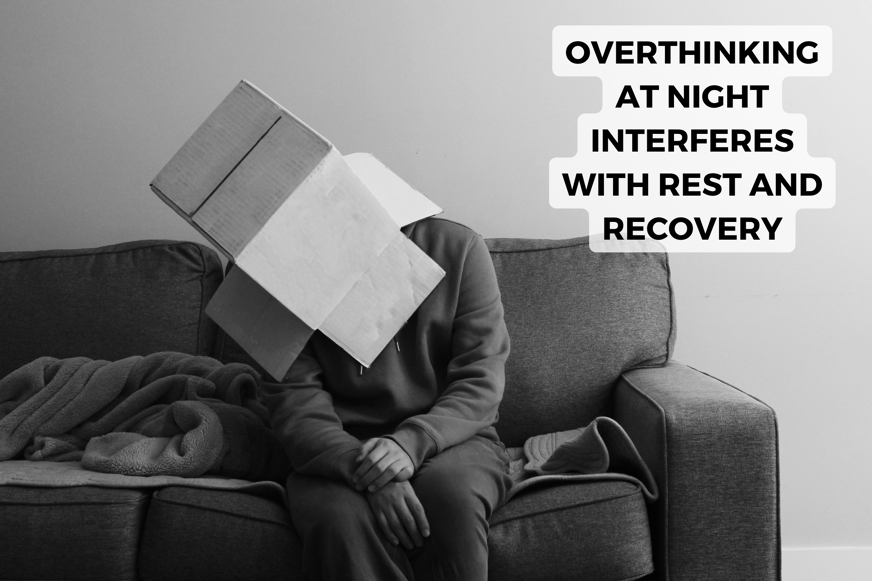
But it’s not just in your head - your body can be to blame too. 😔
For women, hormonal shifts, such as those during menopause, can further disrupt sleep patterns.
So there are plenty of reasons that may be keeping you up at night - but what can you do tackle the problem?
How to stop overthinking at night
We’ve got four solid strategies to help you quiet that mental chatter and get some sleep.
1. Stick to a sleep routine
Sleep routine basics like going to bed at the same time every night and winding down with a ritual, like a cuppa tea or a good book, tells your body it’s time to switch off.
This can make nodding off easier and cut down on those pesky late-night thoughts. 😴
Don't forget: Scrolling on your phone or watching telly before bed can keep your brain wired.
2. Relaxation tricks
Techniques like meditation, breathing exercises, or progressive muscle relaxation can calm your mind and stop the overthinking spiral.
Give the 4-7-8 breathing method a go: Inhale for 4 seconds, hold for 7, then exhale slowly for a count of 8.
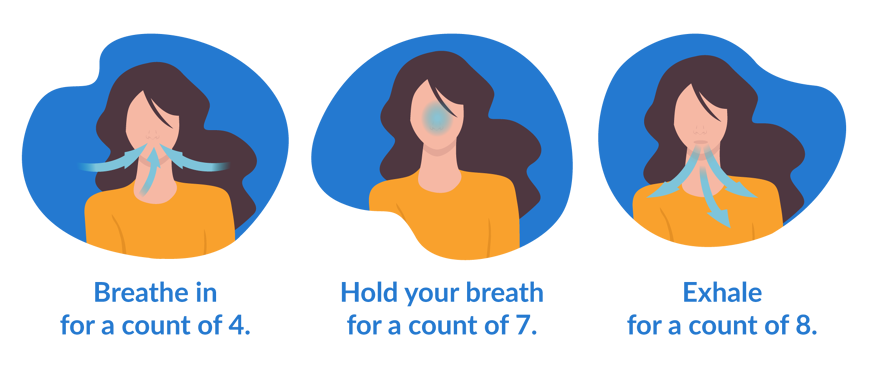
Using these relaxation tools regularly could seriously boost your sleep quality.
3. Cut down time in bed
It sounds odd, but spending less time in bed might actually help.
If you can’t sleep, skip the daytime naps and limit how long you lie in bed tossing and turning at night.
Instead, get up and do something else to distract your mind.
4. Mindfulness matters
Instead of battling your thoughts, try noticing them without getting caught up.
Accepting they’re there - without stressing - can take the pressure off and help you doze off more naturally.
Scribbling worries on paper before lights out can also clear your head faster.
You can also try setting aside a 15-minute “worry window” earlier in the day to offload your concerns instead - this may take some practice but, with time, it definitely helps melt those worries away.
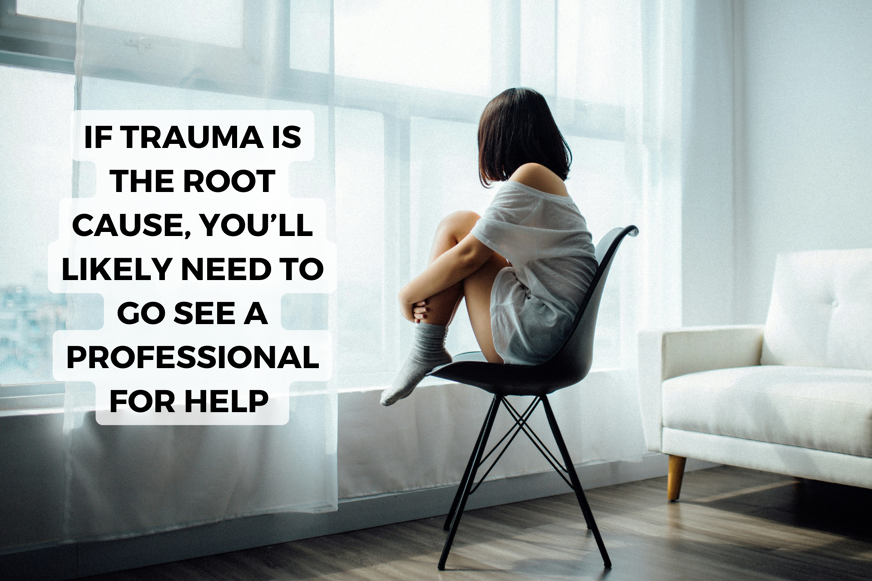
If sleep problems stick around, though, chat with a GP or therapist - sometimes deeper issues like trauma or even obsessive thoughts might be at play.
Wrapping up: How to stop overthinking at night
Night-time overthinking can wreck your sleep and leave you feeling rubbish.
Pinpointing what’s setting it off - whether stress or hormones - is the first step to tackling it.
With the right habits, you can hush that noisy mind, catch some proper Zzzzss, and wake up ready to take on the day.
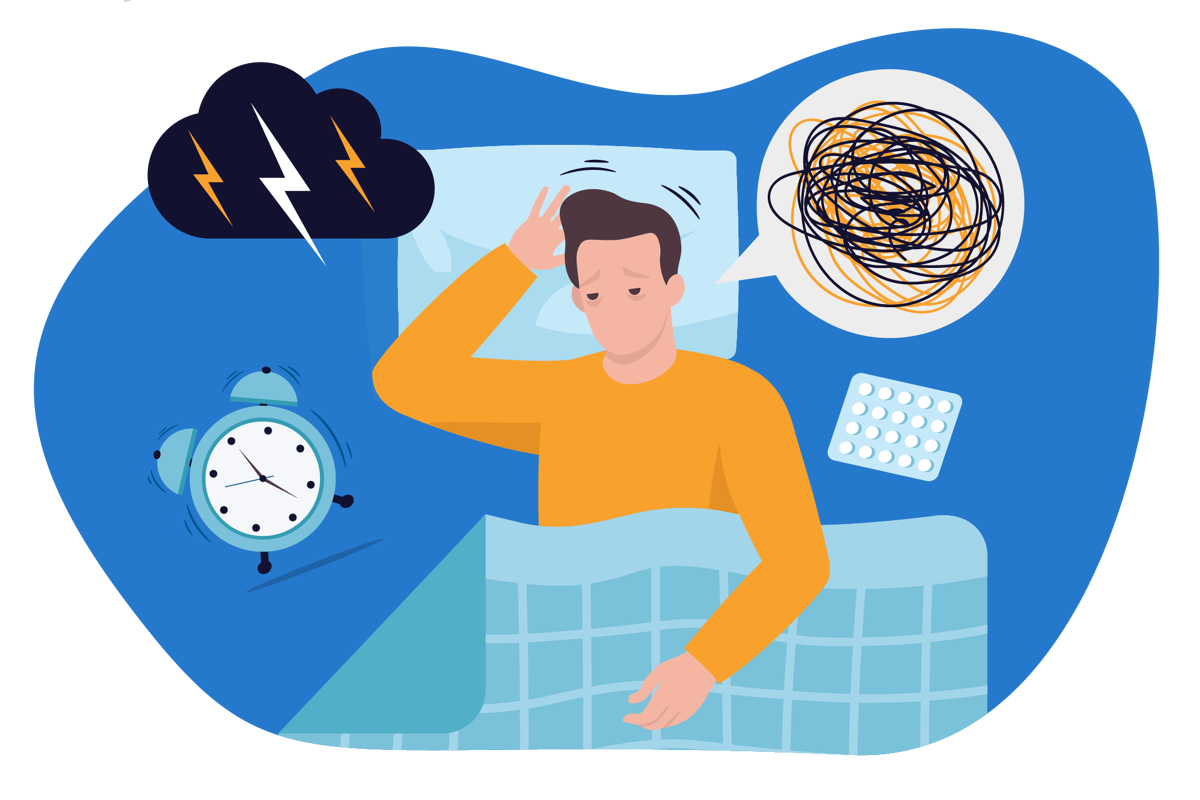





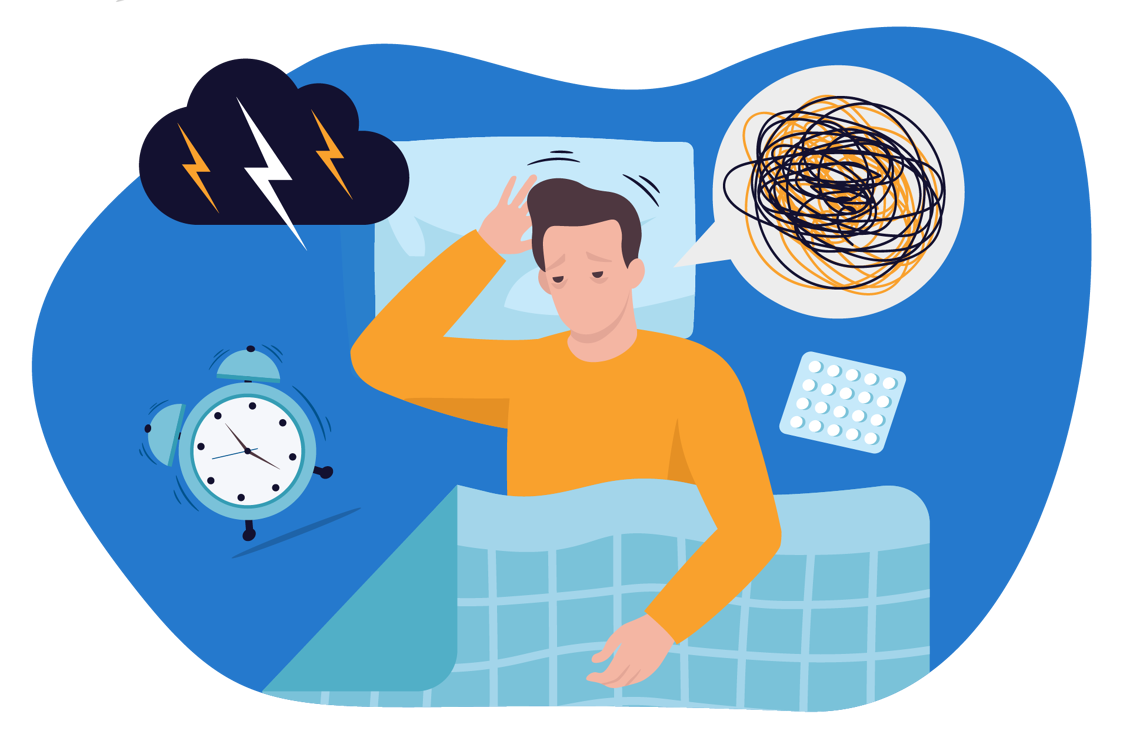
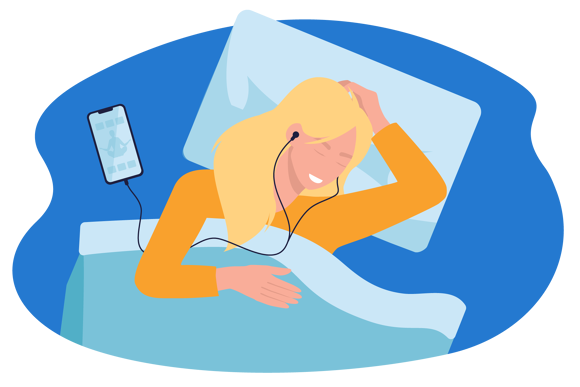
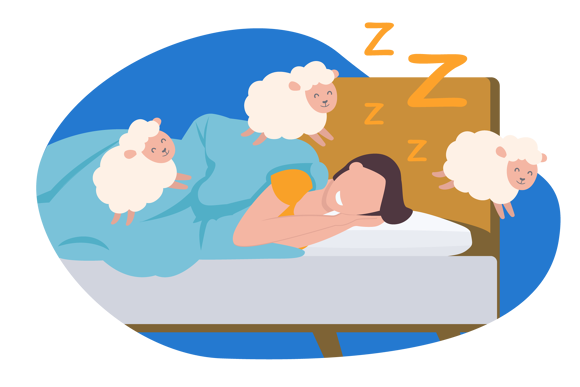
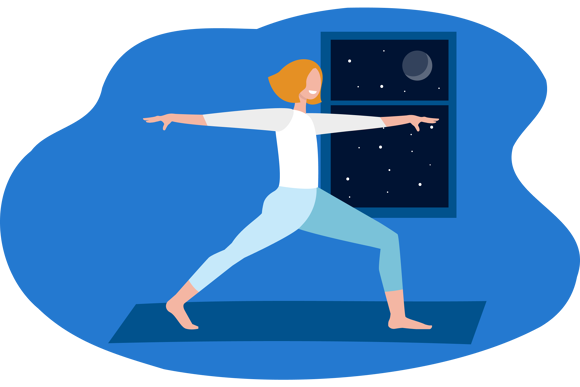


Alternatively, message us directly via the Contact Us page.